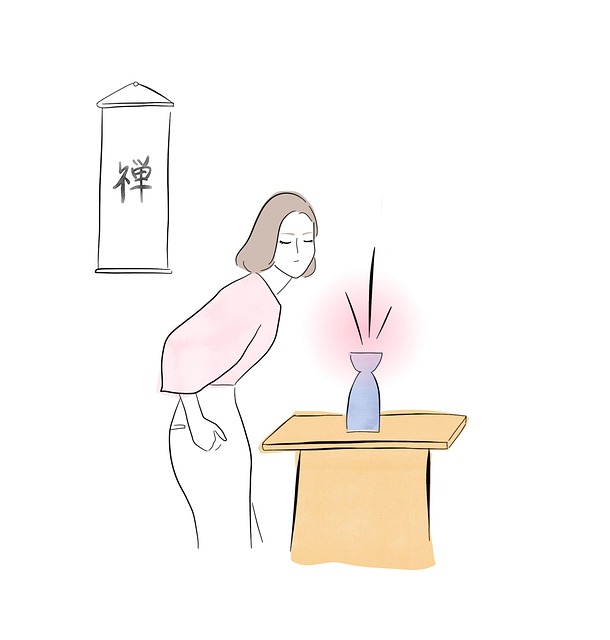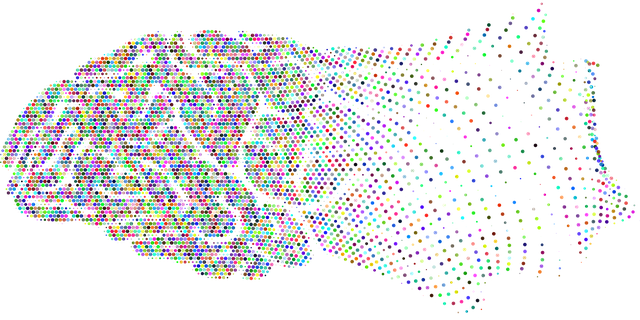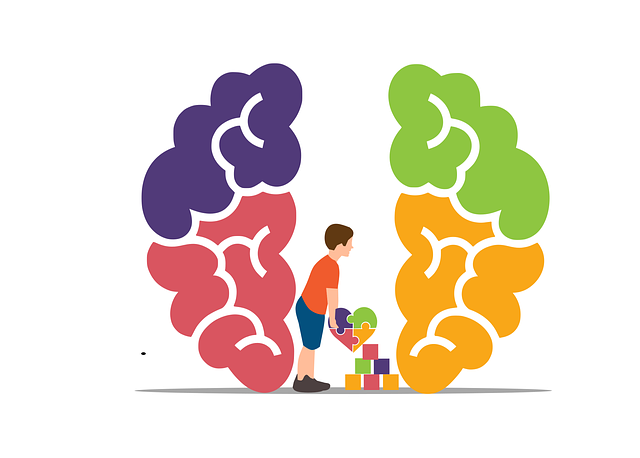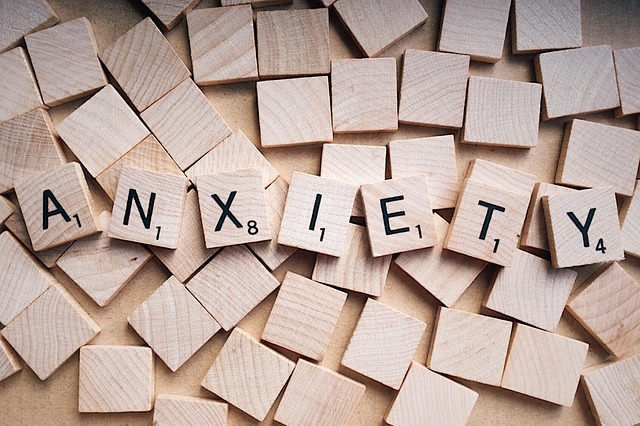Cultural sensitivity in mental healthcare, as seen through Lafayette Codependency Therapy (LCT), is vital for diverse communities like Lafayette. LCT integrates cultural values and practices into treatment for codependency, addressing symptoms and social contexts. By listening actively, using culturally relevant resources, and educating on cross-cultural communication, therapists create inclusive environments that respect individual identities. This approach enhances patient outcomes, stress management, and overall mental wellness, overcoming traditional Western practices' limitations in diverse cultural settings.
In today’s diverse society, cultural sensitivity is paramount in mental healthcare. Understanding and respecting diverse cultural beliefs and practices can significantly improve patient outcomes. This article explores this crucial aspect through several key sections. We delve into ‘Understanding Cultural Sensitivity: Why It Matters in Mental Healthcare’, presenting a case study of Lafayette Codependency Therapy, demonstrating successful cultural competence. Strategies for incorporating sensitivity in clinical practice are offered, along with solutions to common barriers.
- Understanding Cultural Sensitivity: Why It Matters in Mental Healthcare
- Lafayette Codependency Therapy: A Case Study on Cultural Competence
- Strategies for Incorporating Cultural Sensitivity in Clinical Practice
- Overcoming Barriers: Challenges and Solutions in Culturally Sensitive Care
Understanding Cultural Sensitivity: Why It Matters in Mental Healthcare

Cultural sensitivity is a cornerstone of effective mental healthcare practice, especially in diverse communities like Lafayette. It involves recognizing and appreciating the unique cultural values, beliefs, and practices that shape individuals’ experiences of mental health and well-being. Understanding these nuances is vital for building trust and fostering meaningful therapeutic relationships.
In Lafayette Codependency Therapy, for instance, therapists must be adept at navigating the complex interplay between codependency issues and cultural identity. By integrating cultural sensitivity, professionals can offer tailored support that addresses not just the symptoms but also the underlying social and cultural contexts contributing to mental health challenges. This approach enhances patient outcomes, promotes healing, and ensures that evidence-based practices are culturally responsive, benefiting individuals from all backgrounds in managing their mood and stress effectively through organizations like Stress Management Workshops and Mental Health Awareness initiatives.
Lafayette Codependency Therapy: A Case Study on Cultural Competence

Lafayette Codependency Therapy (LCT) serves as a compelling case study illustrating the importance of cultural competence in mental healthcare. This therapeutic approach recognizes that individuals from diverse backgrounds experience and express emotional pain uniquely, influenced by their cultural contexts. By incorporating elements of traditional healing practices tailored to specific cultures, LCT offers a more inclusive and effective treatment for codependency issues.
The program prioritizes patient-centered care, encouraging open dialogue about cultural beliefs surrounding mental health. Healthcare providers undergo specialized training in cultural competency, enabling them to adapt their strategies for stress management and self-care routine development. This tailored approach not only enhances the therapeutic experience but also fosters better outcomes, as it respects individual cultural identities and promotes holistic well-being.
Strategies for Incorporating Cultural Sensitivity in Clinical Practice

Incorporating cultural sensitivity into clinical practice is a multifaceted process that enriches patient care and fosters better outcomes. Mental healthcare professionals can start by actively listening to and understanding the patient’s cultural background, values, and beliefs. This involves creating a safe and non-judgmental environment where patients feel comfortable sharing their experiences. For instance, incorporating culturally relevant resources, such as those from Lafayette Codependency Therapy, can help bridge the gap between traditional therapy practices and diverse patient needs.
Additionally, training in cross-cultural communication is essential to enhancing interactions. This includes learning effective listening skills, adapting language to be inclusive and respectful, and developing strategies for navigating potential cultural barriers. Mental wellness podcast series production often highlights these communication strategies, emphasizing their role in depression prevention and promoting mental wellness. Through continuous education and self-reflection, therapists can improve their cultural sensitivity, ensuring every patient receives personalized care that respects their unique identity.
Overcoming Barriers: Challenges and Solutions in Culturally Sensitive Care

Overcoming barriers to culturally sensitive care is an essential step in ensuring effective mental healthcare for diverse populations. One significant challenge lies in navigating the complexities of different cultural beliefs and values, which can often clash with traditional Western therapeutic practices. For instance, individuals from communities that emphasize collective thinking or have distinct spiritual practices may require tailored approaches. Healthcare providers must be vigilant in avoiding assumptions and stereotyping, recognizing that one-size-fits-all strategies rarely work.
Lafayette Codependency Therapy offers a promising framework for addressing these issues. By providing Trauma Support Services and integrating culturally competent training for healthcare providers, practices can enhance their ability to serve diverse clients. This includes learning to respect and incorporate clients’ cultural contexts in therapy, promoting emotional regulation techniques that resonate with various backgrounds. Through such initiatives, mental healthcare can become more inclusive, effective, and accessible, fostering positive outcomes for all individuals seeking support.
Cultural sensitivity in mental healthcare is no longer a consideration, but a necessity. As demonstrated by the case study of Lafayette Codependency Therapy, understanding and respecting diverse cultural backgrounds can significantly enhance therapeutic outcomes. By implementing strategies to incorporate cultural sensitivity, professionals can overcome barriers and provide more inclusive care. This approach not only respects individual identities but also fosters better connections between healthcare providers and patients from various cultural contexts.














